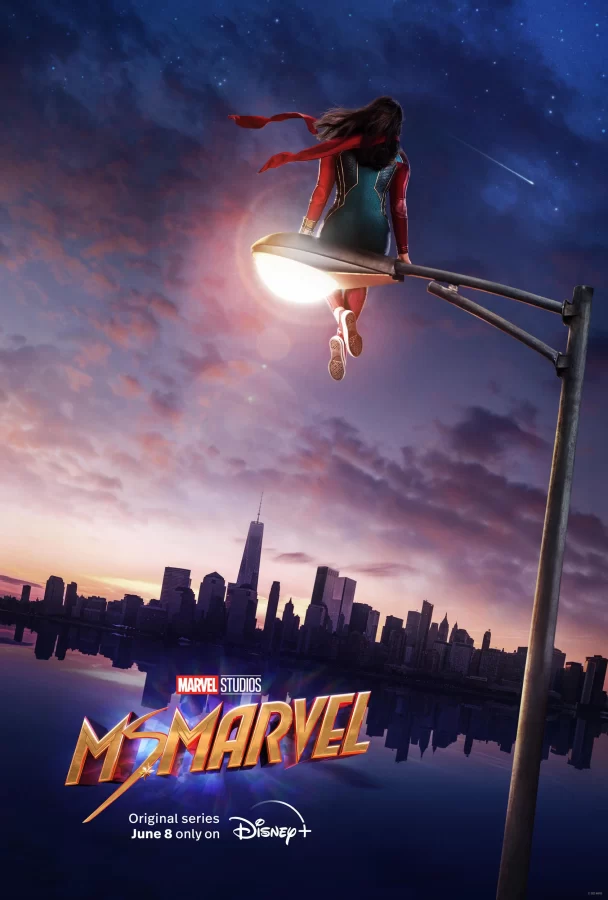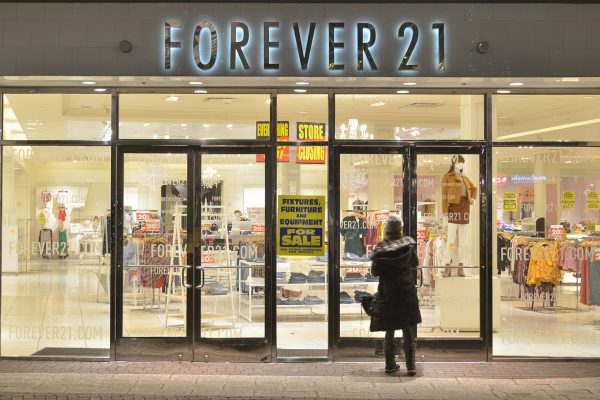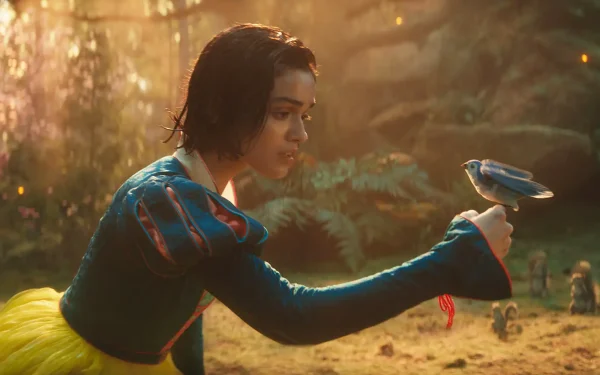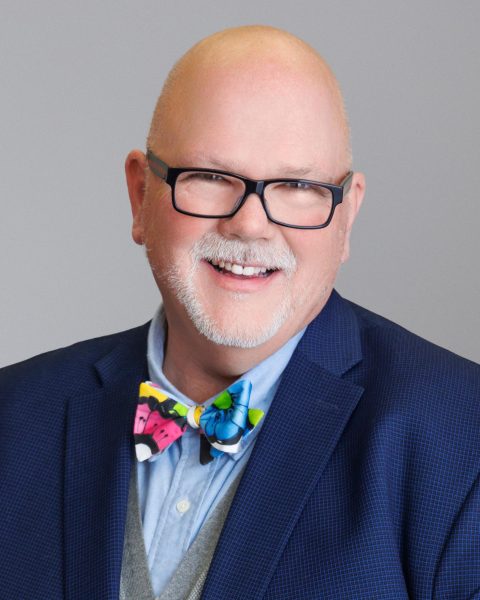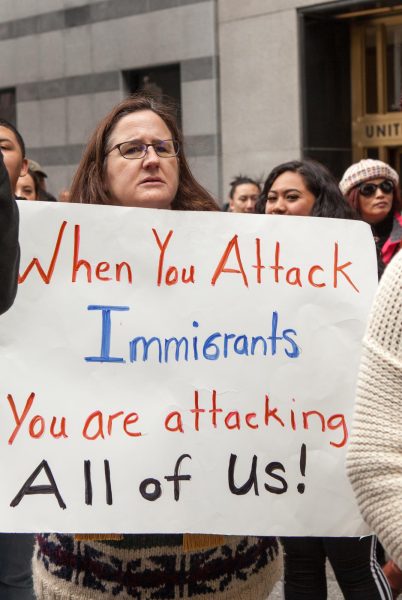Ms. Marvel Masters Diversity
When my brother told me about Ms. Marvel, I couldn’t help but roll my eyes. A Western show starring a spunky, Muslim Pakistani youth struggling to reconcile her culture with that of the US—an American Born Confused Desi if you will. I’d known the plot all too well. This reaction was shared by my brother and among my Muslim friends. But nonetheless, we were bored and decided that at the very least we might find something to laugh at.
As you might have guessed by the title, that wasn’t quite what lay in store for us.
Having seen the whole series I can now confidently say that Ms. Marvel—which has earned the most critical acclaim of any previous Marvel show—manages to meet a higher standard set for a show of its kind: it makes a real attempt to portray the concerned community. Unlike most media focused on netting diversity points, Ms. Marvel veers away from presenting the American-Muslim community using a grabbag of stereotypes. Each character instead works together to create an image of the community unprecedented in the Western mainstream.
A standout example of this is Ms. Marvel’s father, Yusuf Khan. In most media, both Western and otherwise, the South Asian father follows a rigid archetype: overprotective, strict, and stubborn to change but cares deeply for his children. Some of these qualities can certainly exist, but the archetype leaves little room for character depth.
Khan does not adhere to this archetype. In short, he is sprightly despite his age and desires to make everyone around him—especially his family—happy. At times he becomes overzealous in this pursuit and ends up misunderstanding his children. He also holds a serious side and is shown multiple times giving his children life advice rooted in his experience as a first-generation immigrant.
The multifaceted nature of Khan’s character immediately makes him more engaging than an archetype. And this extends to many of Ms. Marvel’s characters, from Aamir Khan—who is depicted as an observant Muslim but also a warm and likable person, deviating from the stereotype of a religious character defined solely by their faith—to the local Sheikh—a religious leader who isn’t stereotypically corrupt or extremist, and instead acts as an actual community leader.
Another key aspect of how Ms. Marvel champions diversity is its portrayal of the American-Muslim community as a whole. Many people from the community worked on Ms. Marvel’s team, and it shows. For example, the scene from Aamir’s Desi wedding is staggeringly realistic, capturing everything from the usual gold-red tint on the decor to the somewhat baffling but customary group dance number. Even scenes that should’ve been awkward, such as Ms. Marvel’s run-in with the gossipping “Illuminaunties” at Eid, couldn’t help but put a smile on my face, resonating with shocking authenticity.
Ms. Marvel also injects an under-discussed theme into the American mainstream; that of the American-Muslim community’s relationship with the authorities. “Damage Control” acts as the show’s fictional parallel to the FBI. Interestingly, the agency is depicted in an abnormally negative light, using underhanded tactics like storming the local mosque to search for Ms. Marvel. This depiction holds clear parallels to the FBI surveillance and crackdown on Muslim communities across America that followed 9/11. Seeing such a theme portrayed in Ms. Marvel is refreshing, and adds to the complexity of its American-Muslim portrayal.
Of course, Ms. Marvel isn’t perfect, and the non-community parts of the show tend to be lower quality than the rest. Its representation of the American-Muslim community also has its shortcomings but, on the whole, it’s miles better than what usually appears in the Western mainstream. Considering how often Hollywood struggles to include unforced diversity, Ms. Marvel is an important example of how having a show made about a community, by the community, can have fantastic results.

